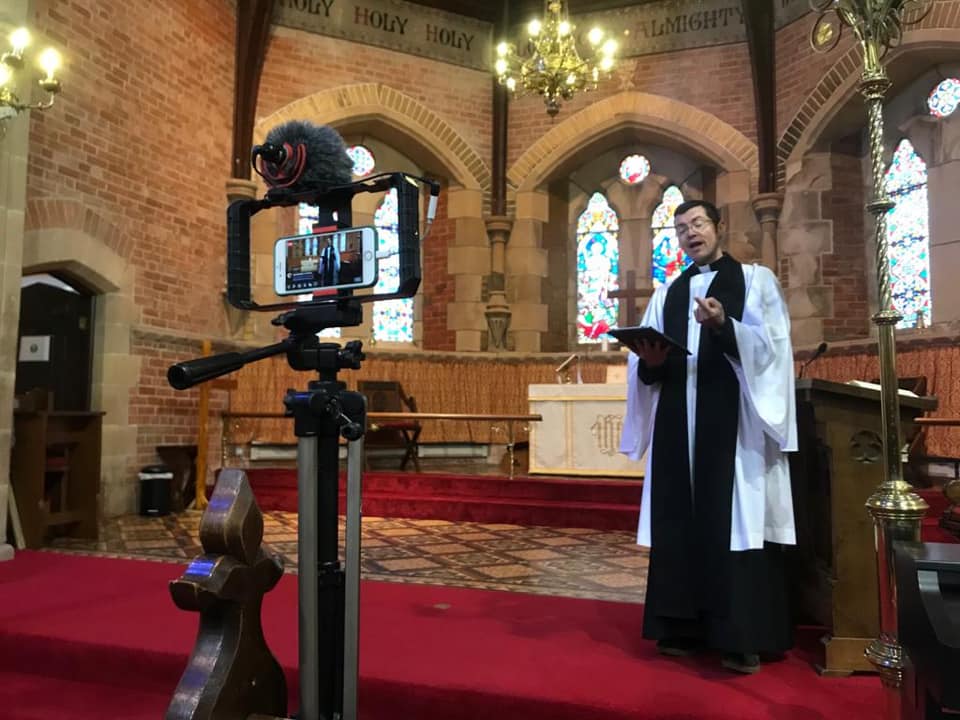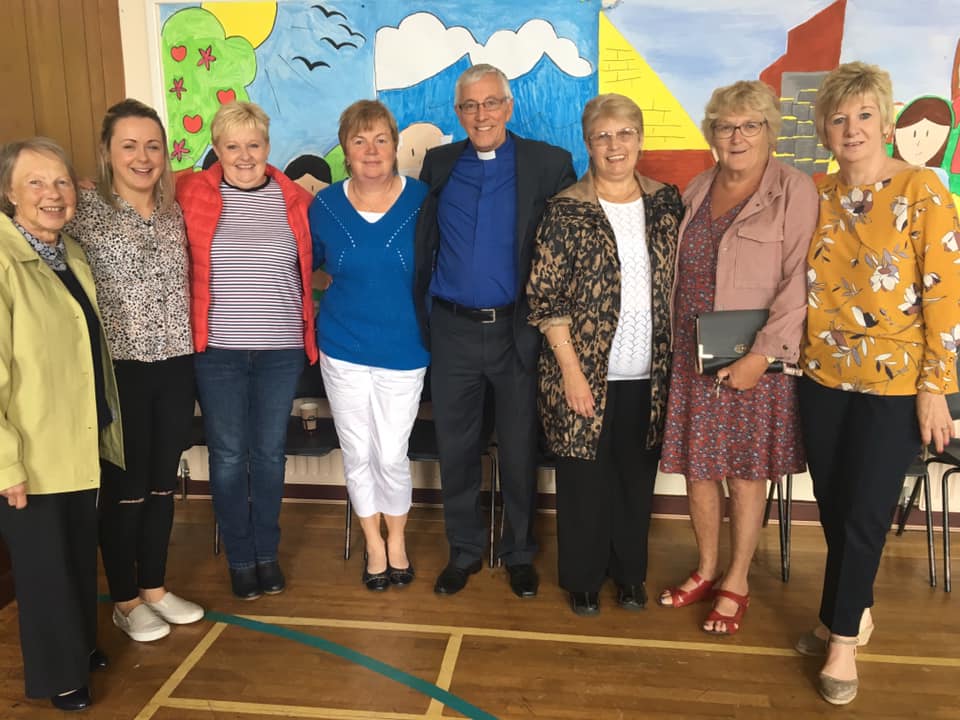
We know you may have a lot of questions when visiting a new church. Our goal is for you to feel welcome and comfortable and at ease when you join us in Castlerock or Dunboe. Below you will find more information about us and what you can expect on your first visit.
We are two warm and welcoming churches on Northern Ireland’s stunning North Coast: Christ Church in the seaside village of Castlerock and St Paul's in the historic Plantation village of Articlave.
We are part of the Church of Ireland, in the Anglican tradition, but our church family is made up of all sorts of people, young and old, both locals and those who’ve made their home here.
Whoever you are, wherever you are in your faith journey, we believe God has a place for you. We’ll be so glad to meet you, whether online or (even better) in person.
Our parish prayer:
Father of all, we thank you for the beauty of this corner of creation,
and your faithfulness to the Parish of Castlerock and Dunboe in ages past.
We pray for all who live and visit here today.
Help us in our own time to witness to Christ
through heartfelt worship, steadfast faith and loving service;
in Jesus’ name we pray. Amen.
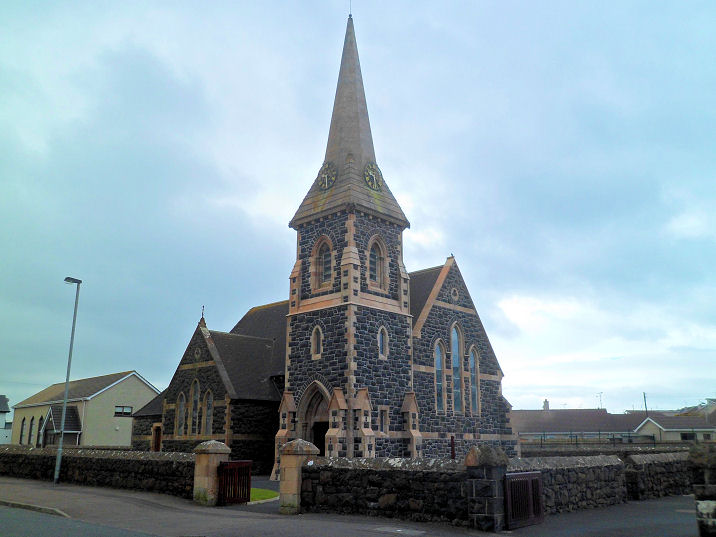
Join us at 10.00 am
First Sunday Holy Communion
Second Sunday Morning Prayer
Third Sunday Holy Communion
Fourth Sunday Morning Worship for All Ages
Fifth Sunday Service of the Word
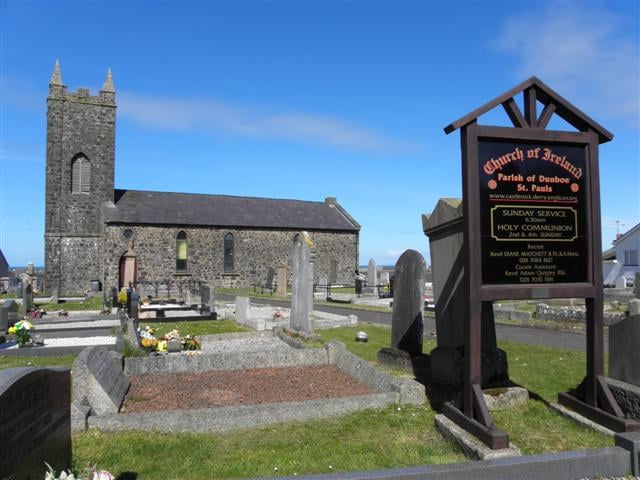
Join us at 11.30 am
First Sunday Morning Prayer
Second Sunday Holy Communion
Third Sunday Morning Worship for All Ages
Fourth Sunday Holy Communion
Fifth Sunday Service of the Word
Festivals and Saints’ Days as announced.
Our service from Christ Church is broadcast each Sunday at 10am. There’s nothing like being there in person, but for those who can’t, find us on our Facebook page @CastlerockDunboe.
Life happens in community, we have various organisations and groups where you can find a place to build relationships and grow deeper in your faith.
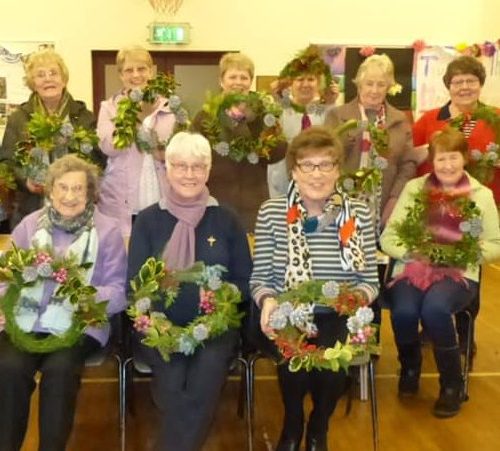
Every year, we welcome hundreds of visitors through our doors.
Whether you’re on holiday in the area, or thinking about joining, we’ll be delighted to meet you.
If you’re not used to Church of Ireland worship, or are ‘just looking’,
feel free to join in as you feel comfortable.
You’ll be met at the door by one of our church wardens or stewards, and hopefully welcomed with a smile. They can help you find a seat.
Our worship is structured, but not stuffy. Services follow the Book of Common Prayer, with flexibility. Sometimes the order of service is on a separate printed sheet.
You might be surprised at how much time in our service is devoted to reading the Bible! As well as readings, about 85% of the Prayer Book is taken straight from the Bible, including Psalms and other scriptural songs (‘canticles’).
Children are welcome at all services. A church warden might offer you an activity bag for small children. Don’t worry about a bit of noise – ‘if there’s nobody crying, the church is dying!’
Worship is normally led by the Rector and a team of licensed lay people. The congregation participates actively by saying the responses (printed in bold). If you’re not sure when to stand, sit or kneel, just follow the people in front of you!
There is no dress code in Castlerock or Dunboe. Like to worship in jeans, or a suit? A dress or flip flops? All are welcome!
Our church year is marked by different seasons and celebrations – not just Easter and Christmas, but Advent and Lent, Pentecost, Harvest and more.
.
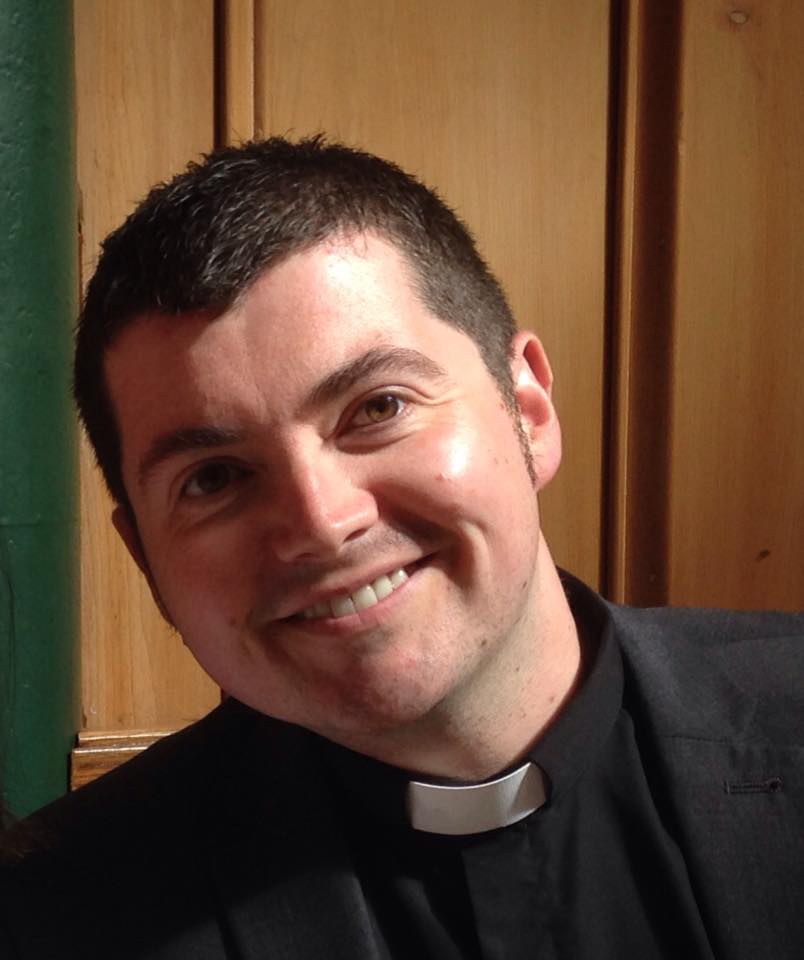
Lorem ipsum dolor sit amet, consectetur adipiscing elit. Ut elit tellus, luctus nec ullamcorper mattis, pulvinar dapibus leo.
God is love, caring for creation and for every human being as God’s beloved child.
God is as he has revealed himself to be in the historical person of Jesus Christ. Jesus’ life, death and resurrection holds the key to knowing and loving God, and to making sense of life, before and after death.
God is alive, loving and active today, inspiring faith, justice and truth, sustaining the life of the world, giving spiritual gifts to the church and bearing his spiritual fruit in the world through changed lives and a transformed society.
We need salvation because we have all sinned and fallen short of God’s glory (Romans 3:23). We have denied, ignored or rejected God’s love, both as individuals and as members of society.
Baptism marks the beginning of a journey with God which continues for the rest of our lives, the first step in response to God’s love.
The Bible tells of God’s relationship with God’s people through the centuries. This record always needs to be interpreted in the context of the church’s faith, prayer and worship, and in such a way that what scripture said for its original audience is faithfully re–expressed for the modern world.
The Bible is clear that, after the death of our bodies, we all will face God’s judgement, and also that there is the hope of life with God, fuller and more wonderful than this one.
To repent is not simply to be sorry for our sins in a trite way, or even to lament their impact on others. Rather it is to experience a real change of heart, to be resolved with God’s help not to go in that particular direction again, to be determined to learn from our errors and to amend our manner of life. A moment of true repentance can be a time of profound change.
In praying for healing, we usually hope for a restoration to full physical and mental health. There is, however, a deeper element to divine healing, for which we give thanks even when physical healing does not occur: the loss of fear, a sense of stillness, peace, freedom from pain and distress, reconciliation of damaged relationships, acceptance in the face of loss of ability, and indeed readiness to face death.
Prayer includes expressing our needs to God and listening for God’s voice. That means we sometimes have just to be silent in God’s presence.
As liturgy has to do with the whole of life, then what we do in church is akin to what we do elsewhere: we order and structure our lives, not to restrict, but to enable ourselves to live to the full.
Christians have always believed that their faith gives them a distinctive answer. To put it simply, Christians seek to live according to the will of God.
Lorem ipsum dolor sit amet, consectetur adipiscing elit. Ut elit tellus, luctus nec ullamcorper mattis, pulvinar dapibus leo.
